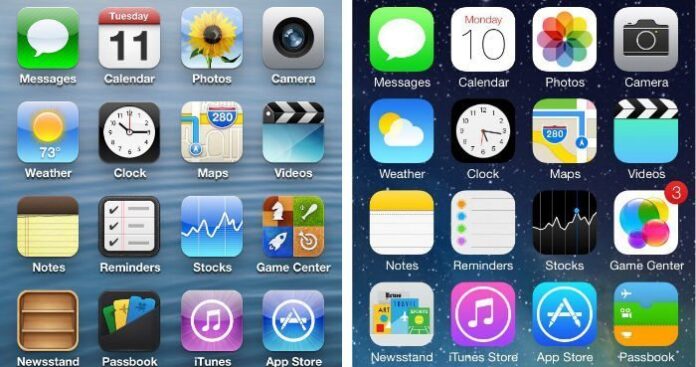A new benchmarking report based on data from more than 1 billion users around the world focuses on the iOS ecosystem and the impacts that different mobile carriers, Wi-Fi, and geography have on app performance and user experience. The report pegged T-Mobile US as the fastest domestic carrier for iOS app performance.
Crittercism monitors tens of thousands of mobile applications and released its first benchmarking report on app performance earlier this year. The new app performance report zeros in on iOS on the heels of Apple’s announcement of new iPhone versions.
“Apple’s recent unveiling is proof that the number of mobile devices will only continue to grow, creating even greater complexity within the mobile ecosystem, said Rob Kwok, CTO and co-founder of Crittercism. “And it’s precisely this level of growth and complexity that calls for greater measures to monitor the performance of apps. We compiled this research to provide our customers and the developer community with an industry standard to ensure they are delivering high-performing apps to their customers.”
The company looked at “mobile app uptime,” or the percentage of app usage time when a user had no crashes. Crittercism says that in order to provide a positive end-user experience, apps should have a crash rate of less than one percent — but nearly half of apps, or 46%, had a crash rate higher than that. It found that older Apple devices had the highest crash rates for apps, with the iPhone 4S clocking a crash rate of 2.2% and the iPad Mini at 2.4%.
Crittercism said its analysis found that T-Mobile US had the fastest performance for iOS in the United States. Meanwhile, it ranked Sprint and U.S. Cellular as the slowest, with 1.3 times average latency compared to T-Mobile. AT&T and Verizon Wireless tied for the second-place ranking with 1.2 times the average latency versus T-Mobile US.
The company also looked at app responsiveness, or how quickly an app responds to user requests. Ideally, this is less than one second, according to Crittercism — but apps depend on services that may add additional latency or have relatively high error rates, and both can impact user experience. Crittercism found that 46% of the cloud service that iOS apps use have more than half a second of latency.
Other findings included:
- The average iOS app depends on more than half a dozen cloud services, and 52% use more than five. The more an app depends on a cloud service such as Facebook for login, the higher the chance of performance issues, Crittercism said.
- Among the largest U.S. cities, Virginia Beach had the fastest Wi-Fi responsiveness for iOS, and Cleveland had the slowest.
- In carrier responsiveness, Raleigh, North Carolina, was the fastest and Kansas City the slowest.
- Worldwide, Yokohama and Tokyo, Japan, had the fastest Wi-Fi and carrier responsiveness, and Ho Chi Minh City in Vietnam had the slowest responsiveness for Wi-Fi.

